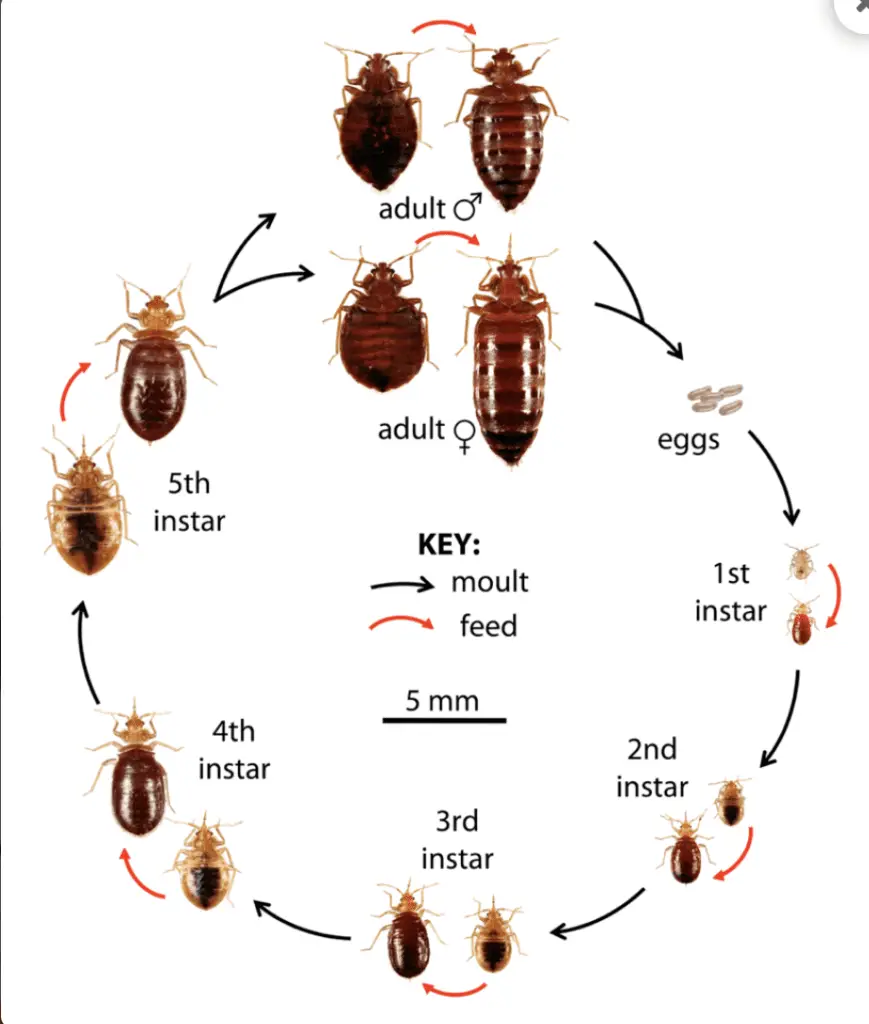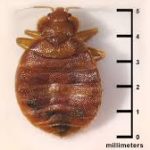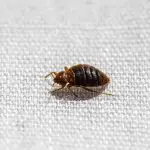How Long Do Bed Bugs Survive?
It is difficult to determine exactly how long bed bugs live. They may live anywhere from a few months to several years, depending on their environment and temperature. Their life spans also depend on genetics, which affects their lifespan. In laboratory conditions, bed bugs can live anywhere from six to 12 months.
In a warm environment, bed bugs will feed regularly. A blood meal is necessary for reproduction. If the host is not available, the bugs may survive for a while, but they won’t produce eggs. In addition, bed bugs require blood meal for nymph development and molting. Without a host, they will not reach adulthood.
In colder climates, bedbugs can survive without a blood meal for up to three months. During this time, they will continue to feed and shed their shells. However, in hotter climates, bedbugs will live longer than they do in cold climates. This is because they need moisture from their blood meal to survive. Once their blood meal has been used up, bedbugs will die.
Bed bugs are small and difficult to spot without a microscope. Adults and nymphs can be seen with the naked eye, but eggs need a hand-magnifying device to be visible. The bites from bedbugs are typically itchy and can lead to skin infections if the area is scratched. Symptoms usually develop a day or two after the bite. Some people don’t even show symptoms at all. Fortunately, there is no known human disease that bedbugs can transmit.








